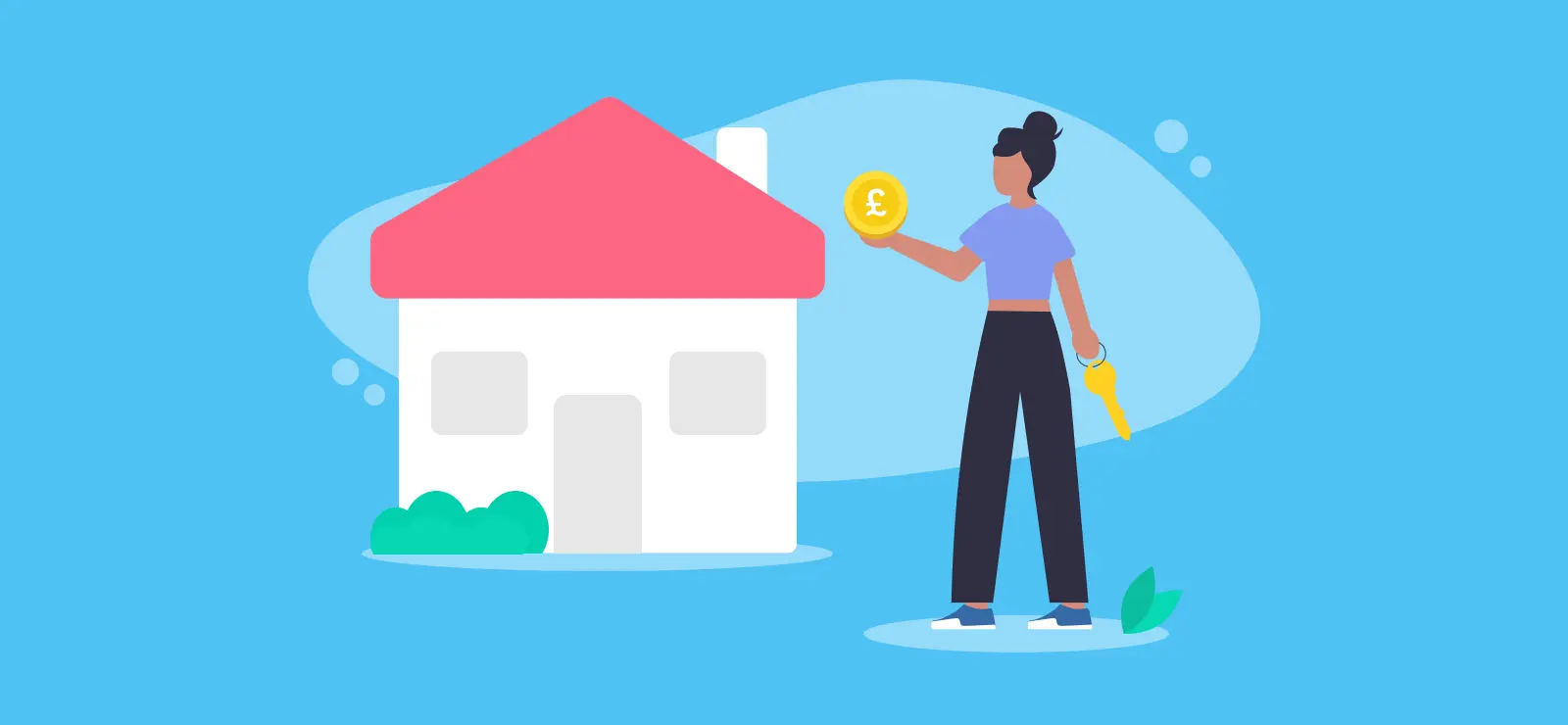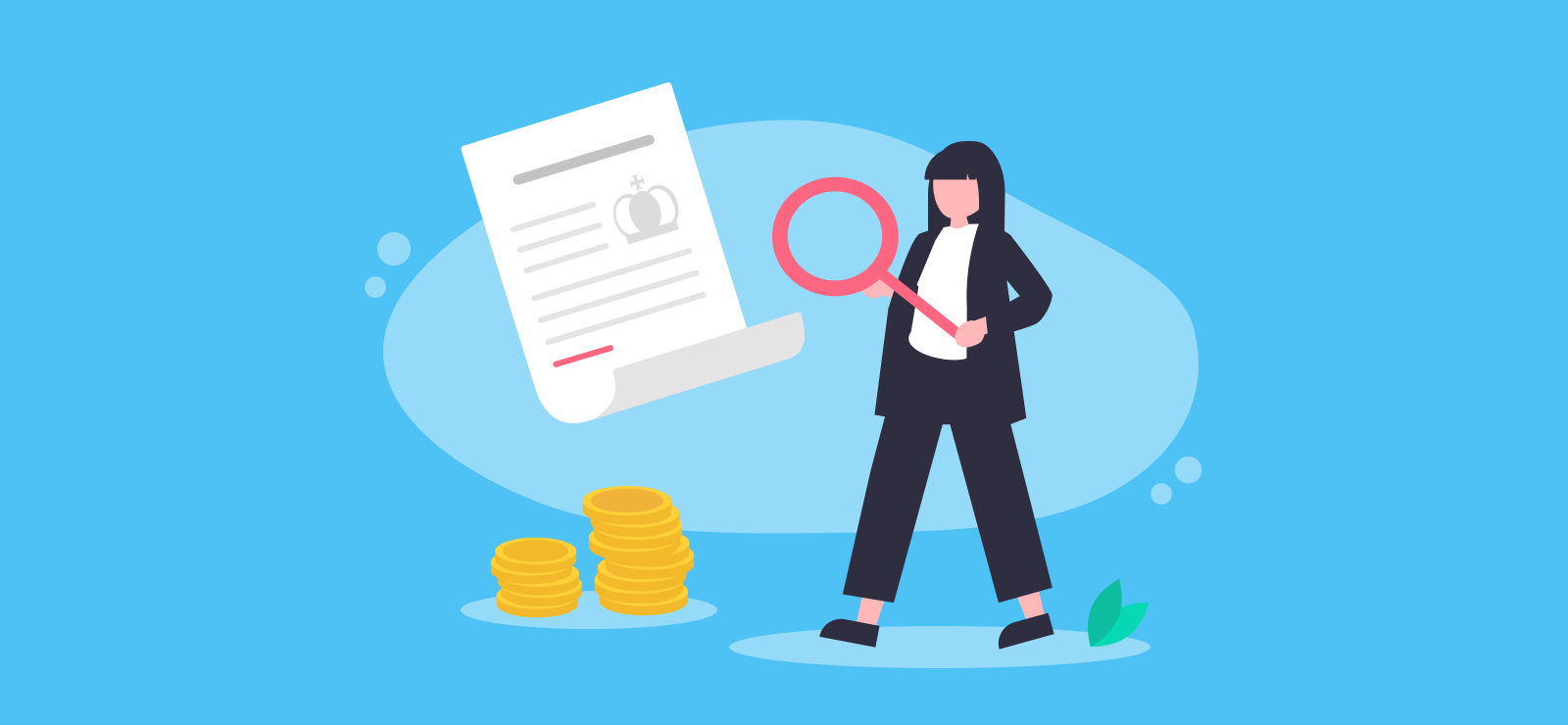

Is There a Tax Allowance for Property Income?
If you earn income from a property you own, you may need to register with HMRC and pay tax on your earnings. In this blog, we’ll guide you through the taxes you need to pay, and the types of tax allowances you may be able to claim against your property rental income.
What is property income?
In a nutshell, property income is any income you’ve made from land, buildings, flats, or homes. This might be because you rent out your property and receive rental income, but there are other types of property income, too. For instance if you sell a property that you inherited, or because you bought and developed a house in order to make a profit from selling it on (in which case you may need to pay Capital Gains Tax).
Do I need to declare my property income?
You may need to declare your property income depending on how much you earn, and how you earn it.
If the income you receive from renting out your property is over £2,500 after allowable expenses, or more than £10,000 before allowable expenses, it must be declared to HMRC on a Self Assessment tax return, and you may need to pay income tax. The amount of tax you need to pay depends on your total earnings over the year.
It’s a bit of a grey area if your rental income earns you between £1,000 – £2,500. But don’t panic, you just need to contact HMRC so they can determine whether you should complete a Self Assessment.
Are there any tax allowances for property income?
Similar to the trading allowance, there’s something called a ‘property allowance’ meaning the first £1,000 of property income you receive each year is tax-free. You can use the property allowance separately to the trading allowance if you have both types of income (for example, because you’re a freelance designer as well as receiving rental income).
If you own a property with someone else, for example a spouse or business partner, you are both eligible to use the property allowance against your share of the gross rental income.
You can decide how you would like to use your property allowance. We’ll give few examples below.
Property allowance full relief
‘Full relief’ is where your total rental income before expenses for that tax year is either less or equal to the property allowance. This means you don’t need to declare anything to HMRC or pay any tax on those earnings. But always ensure you keep records!
Property allowance partial relief
‘Partial relief’ is when your annual property income is more than £1,000 and you need to submit a tax return, but you decide to claim the tax-free allowance against your income instead of deducting expenses or using any other allowances.
Whether this is more efficient or not depends on how much you might be able to claim as an expense. If you have £1,200 of allowable expenses, then offsetting these against your tax bill offers a larger reduction than using the £1,000 allowance. If you have £600 of expenses, then claiming the allowance will be more tax efficient!
Who can claim the property allowance?
In general you can claim the property allowance against your rental income if you own the property as an individual (rather than as a company or other business structure), and you’re not claiming expenses for it. It’s probably easier to explain the very specific circumstances in which you are not allowed to claim the property allowance. This includes if you receive property income from:
- A company either you, or someone ‘connected to you’, owns or controls
- A partnership where either you or someone you know are partners
- Either your own employer or the employer of your spouse/civil partner
- Income from letting a room in your home under the Rent a Room Scheme
You are also unable to claim property allowance if you’ve deducted expenses from income when letting a room in your own home, instead of using the Rent a Room Scheme. Or, if you claim the tax reducer for costs such as mortgage interest for a residential property.
Can I claim both the property and trading allowances?
Yes. If you receive two types of income, for example, let’s say you rent out your flat but you’re also a freelance Graphic Designer, you can use your £1,000 property allowance for the rental income you receive, and your £1,000 trading allowance for the income you receive freelancing.
What happens if I don’t declare my property income?
If you don’t declare your property income to HMRC and you need to, you could face serious penalties. It’s much better to declare your unpaid tax to them first before they launch an investigation, because if you do have to pay a penalty, it’ll be lower!
You can tell HMRC about rental income from previous years here. If you do need to submit through Self Assessment, make sure you’re ready for MTD Income Tax.
Need an accountant to support you with rental income? Call our expert team on 020 3355 4047 or get an instant quote.
Want to learn more?
Subscribe to our newsletter to get accounting tips like this right to your inbox

Read more posts...

Is There a Tax Allowance for Property Income?
4th February 2025If you earn income from a property you own, you may need to register with HMRC and pay tax on your earnings….
Read More
What is a Tax Identification Number (TIN)?
29th January 2025There are a lot of individuals and businesses paying tax in the UK. A Tax Identification Number (also known as TIN, or…
Read More
January 2025 Client of the Month: Brendan Hope CV Writing
28th January 2025This month we spoke to Brendan, Director of Brendan Hope CV Writing! Brendan Hope CV Writing | LinkedIn Hey Brendan! Tell us about…
Read MoreConfirm Transactions
The number of monthly transactions you have entered based on your turnover seem high. A transaction is one bookkeeping entry such as a sale, purchase, payment or receipt. Are you sure this is correct?
Please contact our sales team if you’re unsure
VAT Returns
It is unlikely you will need this service, unless you are voluntarily registered for VAT.
Are you sure this is correct?
Call us on 020 3355 4047 if you’re not sure.
Bookkeeping
You will receive our bookkeeping software Pandle for free, as part of your package.
You can use this to complete your own bookkeeping, or we can provide a quote to complete your bookkeeping for you.
Please select and option below:
Call us on 020 3355 4047 if you’re not sure.

